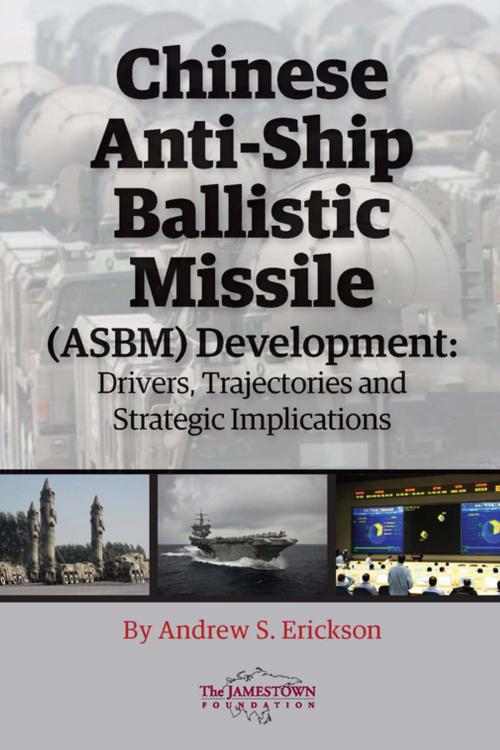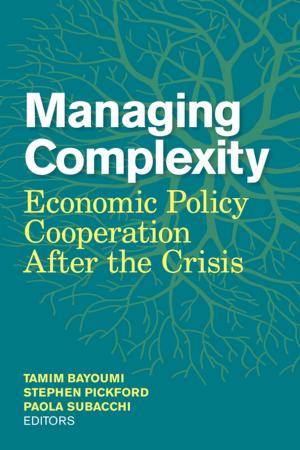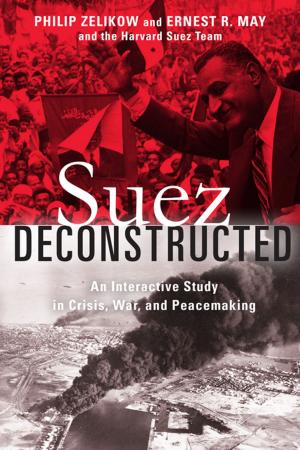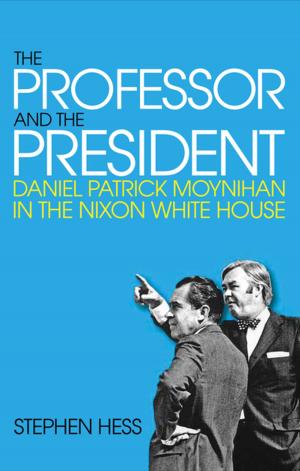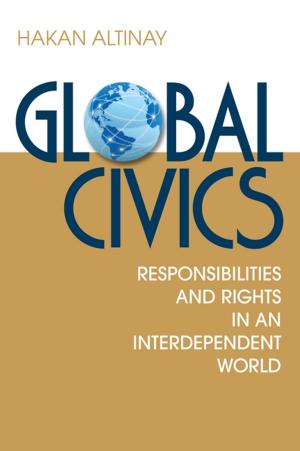Chinese Anti-Ship Ballistic Missile (ASBM) Development
Drivers, Trajectories, and Strategic Implications
Nonfiction, Social & Cultural Studies, Political Science, Politics, Arms Control, International, International Security| Author: | Andrew S. Erickson | ISBN: | 9780985504588 |
| Publisher: | Brookings Institution Press | Publication: | August 2, 2016 |
| Imprint: | The Jamestown Foundation | Language: | English |
| Author: | Andrew S. Erickson |
| ISBN: | 9780985504588 |
| Publisher: | Brookings Institution Press |
| Publication: | August 2, 2016 |
| Imprint: | The Jamestown Foundation |
| Language: | English |
China’s anti-ship ballistic missile (ASBM), the DF-21D, has reached the equivalent of Initial Operational Capability. Although it probably has been deployed in small numbers, additional challenges and tests remain. This study examines the ASBM’s capability and history, showing how the DF-21D meets multiple priorities in Chinese defense modernization and in the national security bureaucracy, as well its implications for the United States. The ASBM’s physical threat to U.S. Navy ships will be determined by the development of associated systems and organizations, which currently limit data fusion and coordination in the complex task of identifying a U.S. aircraft carrier in the open ocean. Still, the ASBM poses a direct threat to the foundations of U.S. power project in Asia and will undermine the U.S. position, unless efforts to counter its political-military effects are taken.
China’s anti-ship ballistic missile (ASBM), the DF-21D, has reached the equivalent of Initial Operational Capability. Although it probably has been deployed in small numbers, additional challenges and tests remain. This study examines the ASBM’s capability and history, showing how the DF-21D meets multiple priorities in Chinese defense modernization and in the national security bureaucracy, as well its implications for the United States. The ASBM’s physical threat to U.S. Navy ships will be determined by the development of associated systems and organizations, which currently limit data fusion and coordination in the complex task of identifying a U.S. aircraft carrier in the open ocean. Still, the ASBM poses a direct threat to the foundations of U.S. power project in Asia and will undermine the U.S. position, unless efforts to counter its political-military effects are taken.
